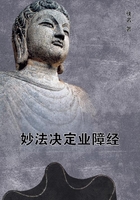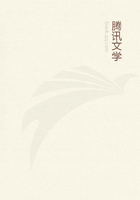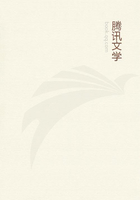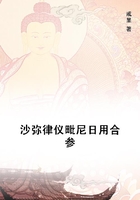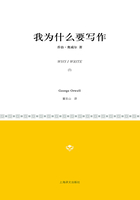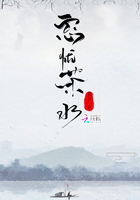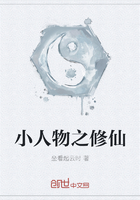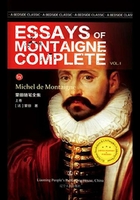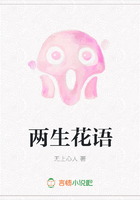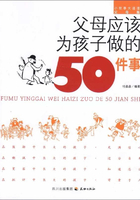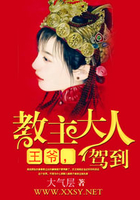The Principle of Solution. The Productive Contribution Suppose that a hunter's life depends on his last cartridge killing the tiger about to spring on him. If he misses, all is lost. Rifle and cartridge together have here an exact calculable value. Taken together, the value equals that of the success of the shot, neither more nor less. Taken singly, on the other hand, there is no means of calculating the value of each. They are two unknown quantities for which there is only one equation. Let us call them x and y, and put the successful result at 100; all that can be said as to their value lies in the equation x + y = 100.
Again, suppose an artist were to fashion a pewter vessel which commanded great admiration on account of its perfect form.
Suppose, further, that this were the only artist who could do really artistic work, and that his was the only artistic work known. And suppose that, besides the piece of pewter which he had employed, no other material of similar suitability were to be had, neither gold, silver, wood, clay, nor even another piece of pewter. It would be absolutely impossible to distinguish in the value of the vessel between the value of the labour and that of the material. The skill of the artist who conceived and executed, and the suitability of the material which yielded to his hand and retained the form he gave, would be regarded as equally irreplaceable conditions of success. If we, under existing economic conditions, do understand how to value the artist, and how to value the material, we have to thank the circumstance which distinguishes every act done under the influence of exchange from the adventure of the lonely hunter; -- the circumstance, namely, that these acts are not isolated, but take place along with many others of the same kind, and can be compared with them. This very pewter, out of which the artist creates a vessel of great artistic value, serves at the same time to furnish articles for ordinary use of very trifling value. We conclude from this that the pewter itself can have but a trifling value, and that only a small portion of the high value of the artistic product falls to it, while by far the greater share must be the property of the artist. We should be confirmed in this opinion were we to observe that every work of the artist was highly valued. But if, at the same time, we observe that he also works with such materials as gold and precious stones, and that these, on their side, equally lend a high value to all products of which they form part, we are forced to the conclusion that, in spite of his talent, the greater part of the value of his products does not always belong to the artist, and that, when he employs these materials, a highly important, if not very much the more important, part of the value must be ascribed to them.
Certainly we can never succeed in considering either the artistic power or the material by itself alone, and thus we cannot succeed in measuring the effects of which they are independently capable.
Every productive factor, if it is to be effective, must be combined with others and join its action with theirs; but the elements that are bound up with it may alter, and this fact makes it possible for us to distinguish the specific effect of each single element, just as though it alone were active.
It is possible not only to separate these effects approximately, but to put them into exact figures, so soon as we collect and measure all the important circumstances of the matter; such as the amount of the products, their value, and the amount of the means of production employed at the time. If we take these circumstances accurately into account, we obtain a number of equations and we are in a position to make a reliable calculation of what each single instrument of production does. To put in the shortest typical formula the full range of expressions which offer themselves, we have, for instance, instead of the one equation x + y = 100, the following: --x + y = 100.
2x + 3z = 290.
4y + 5z = 590.
Here x= 40, y= 60, and z= 70.
According to the number of individual productive combinations carried out within the entire field of production, will be the individual equations. In these equations the combined factors of production on the one side, and the value of the jointly acquired (or anticipated) returns on the other, are set against each other as equivalent amounts. If we add together all the equations, the total amount of productive wealth will stand as equivalent against the total value of the return. This sum must be ascribed, entirely and without remainder, to the individual productive elements, according to the standard of the equation value. To every element there thus falls a definite share in the total performance, and this share could not be figured out either higher or lower, without overthrowing the equivalence between productive wealth and return.

